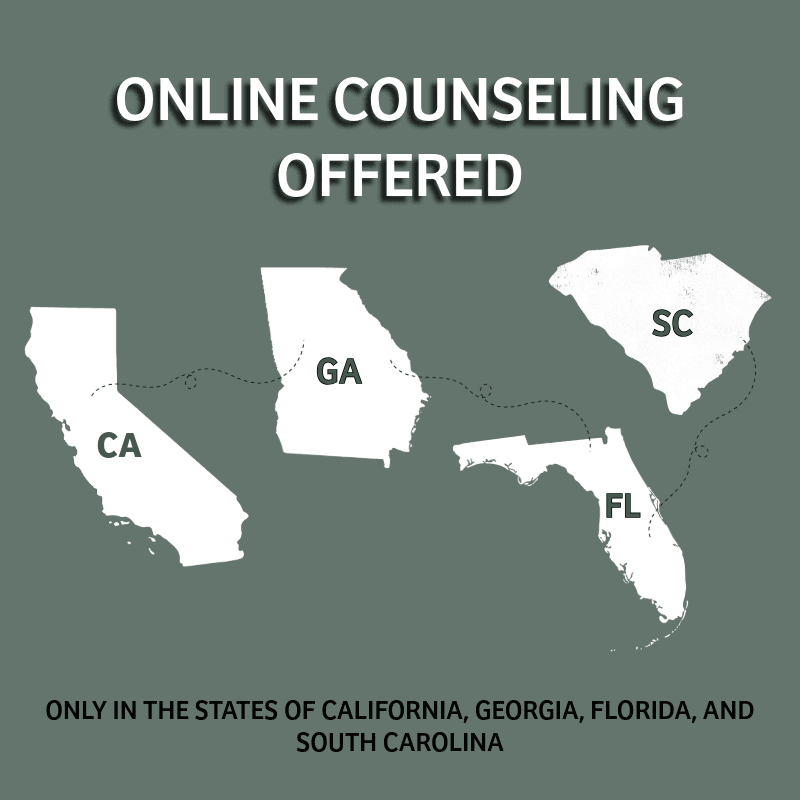In our latest JCAC podcast episode, the hosts explore the complexities of family transitions and their profound impact on children. By examining the emotional and psychological shifts that accompany significant family changes, we aim to provide parents with the tools to support their children during these challenging times.
Ginny Vose APC, Counselor with JCACounseling follows up a lecture she gave at Brandywine Elementary School on Positive Parenting. She addresses the key questions parents asked her after the lecture. We wanted to unpack each important question in detail on parenting, safe technology use, fostering values, assistant in your child's development, among many others.
Positive Parenting: Q & A Discussion w' Brandywine Elementary Parents
Understanding Family Transitions:
Family transitions, such as moving to a new home, changes in family structure, or shifts in parental roles, can significantly affect a child's sense of stability and security. This episode highlights how these changes can disrupt a child's routine and emotional balance, leading to stress and anxiety.
The Impact on Children:
Children thrive on predictability and routine, and any significant change can create feelings of uncertainty and fear. The podcast underscores the importance of recognizing these emotions and addressing them with empathy and support. By understanding the challenges children face during family transitions, parents can better help them navigate these periods with resilience and confidence.
Strategies for Supporting Children During Transitions:
The hosts discuss several key strategies that parents can use to support their children during family transitions:
Open Communication: Encourage open and honest conversations about the changes happening in the family. Allow children to express their feelings and concerns without judgment.
Consistency: Maintain as much consistency as possible in daily routines and family rituals. This helps provide a sense of normalcy and security.
Reassurance: Reassure children of their safety and your unconditional love and support. Remind them that it's okay to feel a range of emotions during this time.
Involvement: Involve children in the transition process when appropriate. Giving them a sense of control and participation can help alleviate feelings of helplessness.
Professional Support: Consider seeking professional counseling for children who are struggling to cope with the transition. A therapist can provide additional tools and strategies to help them process their emotions.
The Role of Parental Support:
Parents play a crucial role in guiding their children through family transitions. The podcast suggests several strategies for parents:
Modeling Resilience: Demonstrate how to handle change with grace and resilience. Children learn a great deal from observing their parents' reactions to challenges.
Creating a Safe Space: Provide a safe and supportive environment where children feel comfortable discussing their feelings and concerns.
Encouraging Adaptability: Help children develop adaptability by encouraging them to embrace new experiences and view change as an opportunity for growth.
Emotional Validation: Validate your child's feelings and let them know that it's normal to feel a range of emotions during times of change.
Looking Forward:
By understanding the emotional impact of family transitions and implementing supportive strategies, parents can help their children navigate these changes with confidence and resilience. The JCAC podcast encourages parents to focus on building a strong, supportive foundation for their children, helping them emerge from transitions stronger and more adaptable.
Tune in to the full podcast episode to dive deeper into the topic of family transitions and learn more about fostering resilience and emotional well-being in your children. By addressing the challenges head-on, we can create a brighter and more balanced future for our families.





